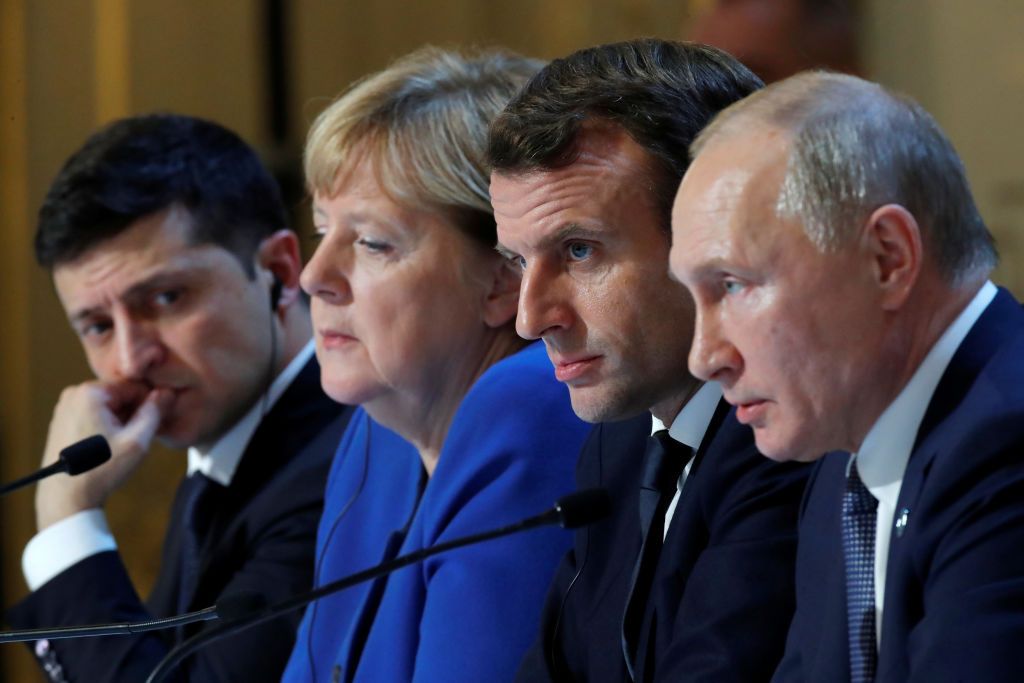Vatican says Russia should take first steps toward negotiations with Ukraine

The first condition for peace in Ukraine is for Russia to cease its hostilities, Cardinal Pietro Parolin, the Vatican's secretary of state, said on March 11.
Parolin's statement followed criticism of Pope Francis after he had said in an interview with Swiss broadcaster RSI that Ukraine should have the "courage" to negotiate peace with Moscow and raise the "white flag."
The cardinal said that Francis's call was to "create the conditions for a diplomatic solution in search of a just and lasting peace."
"In this sense, it is obvious that the creation of such conditions does not depend on only one party, but on both, and the first condition, in my opinion, is the cessation of aggression," Parolin said.
The Pope spoke about "the courage to negotiate," which does not mean a call for surrender, according to Parolin, repeating the statement of Matteo Bruni, the director of the Vatican Press Office, released immediately after the Pope's interview.
He also said that there was always a possibility to reach a diplomatic solution, adding that "only human will that had caused the tragedy" could help end Russia's all-out war against Ukraine.
After Pope Francis's statement, Ukraine's Foreign Ministry summoned Apostolic Nuncio to Ukraine Visvaldas Kulbokas on March 11.
President Volodymyr Zelensky said in respond to the Pope's claims that a break in the fighting is "oxygen" for Russian President Vladimir Putin. "It is not to negotiate, it is a way of restoring the military capabilities of his army and training his young conscripts."
Other leaders also reacted to the Pope's remarks. German government spokesperson Steffen Hebestreit told reporters on March 11 that German Chancellor Olaf Scholz "does not agree with the pope on this question," adding that "Ukraine is defending itself against an aggressor."













